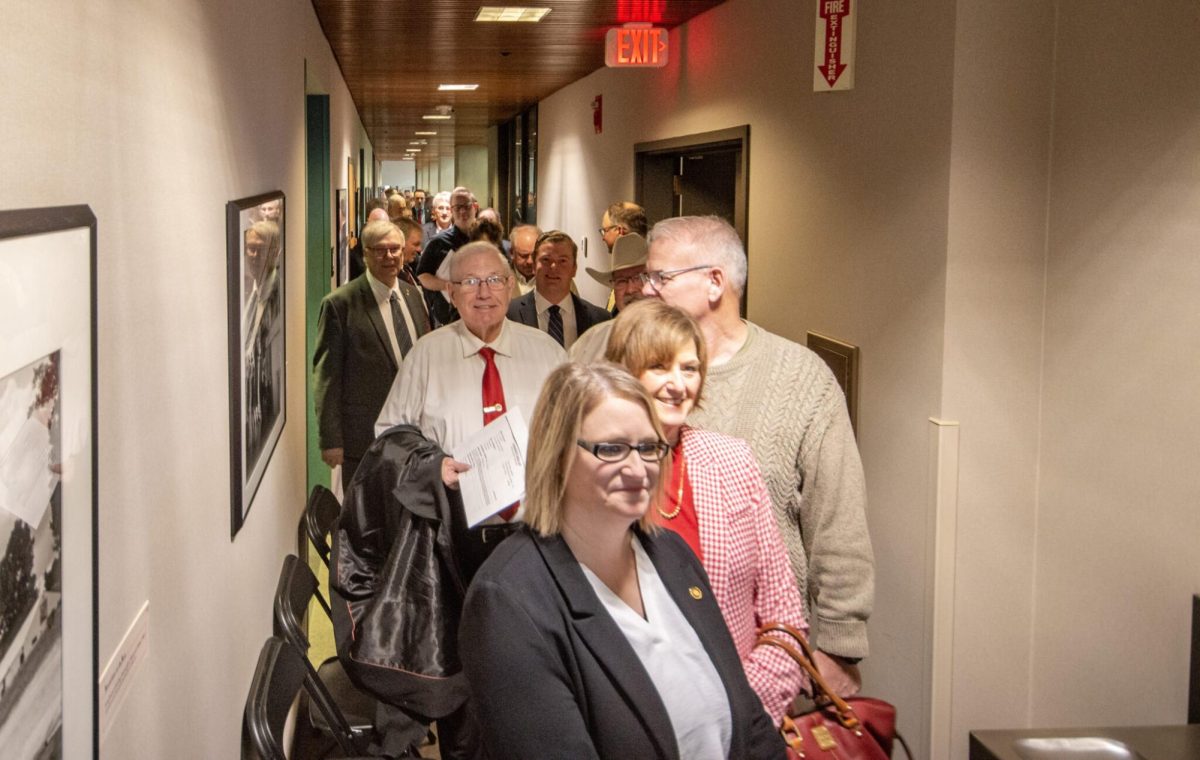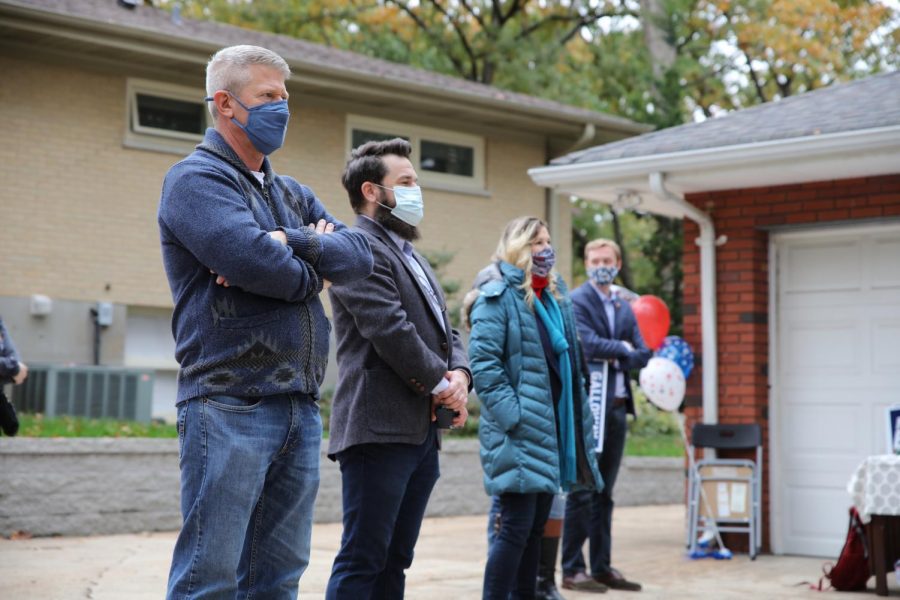By CARL H. HENDRICKSON
For the Call
The elimination of an amendment requiring the state to update Medicaid rates an-nually for nursing homes was enough to overcome opposition to a nursing-home re-form measure in the Missouri Legislature.
Nursing-home reform legislation has been approved the past three years in the Missouri House, only to die in the Senate.
This year, it appeared that the House would kill the reform effort.
A House committee added a provision to the measure, Senate Bill 556, that would require Missouri to update the Medicaid rates for nursing homes and adjust them each year for inflation, which would cost an estimated $55 million annually.
“House Republicans, in committee, added a proposal that would have given nursing homes millions of dollars in increased Medicaid rates,” state Rep. Sue Schoe-mehl, D-Oakville, stated in a news release. “This proposal was dropped because the state has no money for big rate increases this year.”
That paved the way for approval of Senate Bill 556, which increases oversight and inspections of nursing home facilities, shields workers from retribution for reporting suspicions of abuse or neglect to regulators, creates a system to allow for anonymous complaints of nursing home violations, mandates nationwide criminal background checks for applicants, and sets fines up to $10,000 a day for nursing homes that endanger patients’ lives.
“It is time that we provide seniors with the sense of security they deserve and do everything in our power to shelter them from neglect and abuse,” state Rep. Jim Avery, R-Affton, stated in a news release. “It is our responsibility to weed out nursing homes that are hindering the safety of their residents.”
Besides Avery and Schoemehl, the nursing home reform was supported by Rep. Walter Bivins, R-Oakville; Rep. Jim Lembke, R-Lemay; Rep. Pat Yaeger, D-Lemay; and Rep. Michael Vogt, D-Affton.
The Senate adopted the minor changes made to the bill by the House last week. The measure now awaits the governor’s signature to become law.
“The bill provides safeguards for home residents without over-regulating the nursing home industry and driving homes out of business,” Sen. Anita Yeckel., R-Sunset Hills, told the Call.
The south county delegation also was of one mind in support of House Bill 156, which requires women seeking an abortion to have a face-to-face visit with a doctor and then wait 24 hours before undergoing the procedure. In addition, the bill requires persons performing abortions to furnish and maintain proof of medical malpractice insurance with coverage amounts of at least $500,000.
HB 156 has gone to the governor, who is expected to veto the bill. In September, the General Assembly will reconvene for its “veto session.” At that time it will have an opportunity to override any of the governor’s vetoes. A two-thirds majority is re-quired for a veto override, 109 in the House and 23 in the Senate. House leaders ob-tained 123 favorable votes for HB 156 and the bill passed in the Senate with 23 votes.
Also last week, the House established a Life Sciences Research Fund made possible by the tobacco settlement. Research centers will be established in the Kansas City, St. Louis and Springfield areas.
“Earmarking funds for life sciences research will give Missouri the opportunity to build its research capacity, economic development and highly skilled work force,” Yaeger said in a news release. “In-stalling the appropriate research structures will give Missouri the ability to build a strong foundation that will transform into successful companies with skilled em-ployees and high-paying jobs.”
Avery, Bivins, Lembke, Schoemehl, and Vogt also voted for the bill.
Area legislators split along party lines over House Bill 593, which prohibits certain deductions from state employees’ paychecks unless the deduction is authorized by the employee or ordered by a court. Republicans favored the bill and Democrats opposed written authorization for deductions relating to collective bargaining. State employees would not be required to make a contribution to a collective bargaining organization.
“It is unfair for a member of a collective bargaining unit to benefit through the efforts of collective bargaining without paying dues,” Vogt said.





















